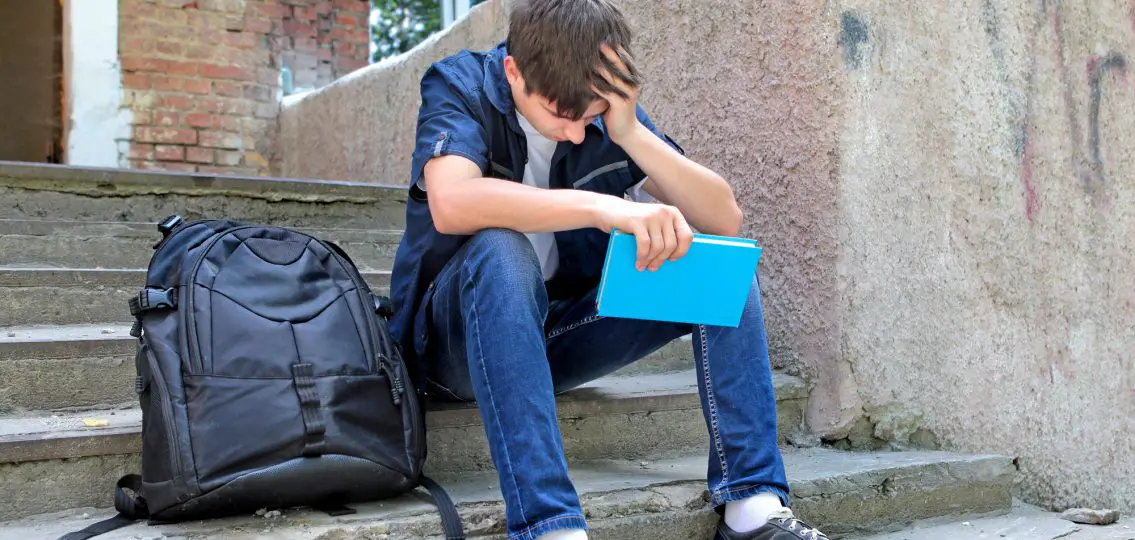How To Reduce Stress In Teens
There’s no doubt that teenagers experience more stress than their predecessors. High school has become an endurance test, with schedules jammed with AP classes and extracurriculars.
“There are so many ways they’re expected to grow up and be experts at things by the time they’re in junior high or high school,” says pediatrician Dr. Cara Natterson.
Teens need to unwind (alone and with friends), while also having the chance to connect with you in a relaxed, stress-free way. They can’t do that if every day is programmed from morning until late in the evening. Here are two ways to deal with stress for teenagers that can reduce stress in your home.
1. Slow down.
After school or after work, when you see your teenager, push the pause button on your day. “That first time you interact with your teenager is a really sensitive time and can be used just to connect,” explains Trysa Shulman, a psychologist in Shaker Heights, Ohio. “How are you doing? How was your day? Tell them about your day. Just check in and be present with each other. Have a snack. Let them unwind. And, connect for however long it takes to actually connect.”
After that, you can proceed to get on with business: talk about homework, head off to tonight’s piano lesson, or whatever else. Shulman notes that this will be easier if you’ve allowed for this process. “Of course, there are things that have to be discussed. Of course, there are things that have to be checked in about, but in the context of a strong relationship those things become less stressful,” she says.
2. Build in Downtime.
Meanwhile, Natterson recommends that you make sure your teenager gets some downtime everyday. The easiest time for this may be at bedtime, but beware that unwinding with a screen can disrupt your teenager’s ability to fall asleep. “Even though you zone out when you are staring at a screen, screens make your brain more excitable,” Natterson says. Encourage teens to put away screens and choose a book or a journal or whatever other non-screen activity they enjoy.
“This can fall apart when teenagers end up getting a phone and have multiple uses for it,” Natterson adds. “But, they need to find a way—put it in airplane mode or whatever—to give themselves a break.”
Achieving downtime may be a harder prescription for parents to adhere to than teens. If there’s not enough time for your teenager to relax and enjoy being with friends and family—or just hanging out on their own—look for ways to cut back. “If you have trouble keeping up with all the things they’re doing or if they don’t have time to just relax, then they may be over-scheduled,” Shulman says. “It’s okay to let up on some of those things.”




